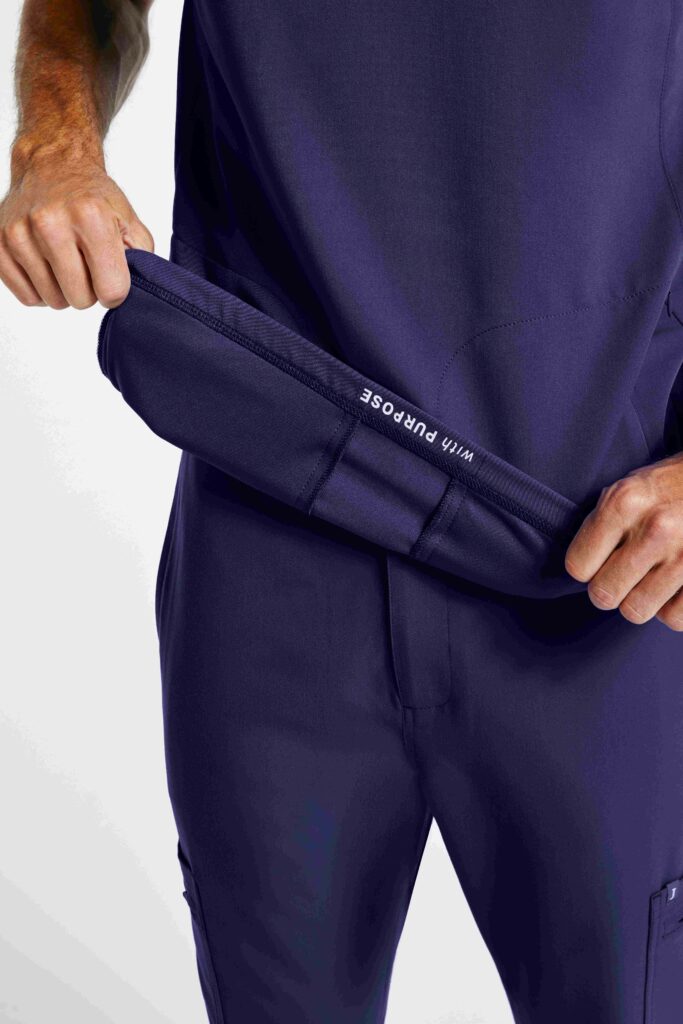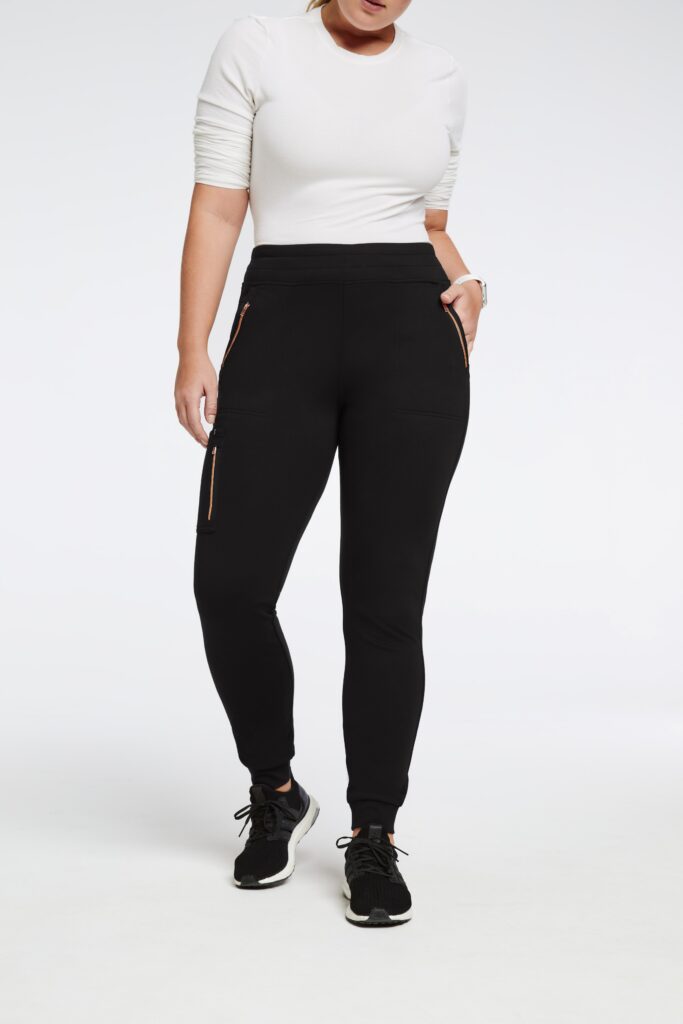When you hear the term “bedside,” you may think of the adage “bedside manner,” referring to a medical professional’s ability to be a calming presence for their patients. But bedside nursing is much more than that. Nurses must not only have an empathetic, confident bedside manner but also possess the expertise to perform clinical care tasks.
Bedside nurses often work in fast-paced environments like hospital settings, clinics, and nursing homes. They spend their time monitoring patients, taking vital signs, and noting improvement in symptoms—all while maintaining an empathetic demeanor consistent with a good bedside manner. They also communicate with patients and their family members about diagnoses and symptoms in a way that’s easy to understand. Sometimes, they even have to share tough diagnoses, which require emotional support. Bedside nurses also often have a sharp sense of humor. But, above all, what makes them bedside nurses is their role in fulfilling the most direct, patient-facing care of all.
Read on to find out the different types of bedside nursing roles, the skills they must possess, and their annual compensation.
Types of bedside care nursing roles
Bedside nursing refers to a specific type of care that can be provided by nurses who practice in various specialties and at different levels of their careers. That’s why finding a Bachelor of Science in Nursing (BSN) or Master of Science in Nursing (MSN) program with a specialty in bedside nursing or a certification in the field is quite unlikely.
Since the term refers to professionals whose daily work consists of face-to-face patient interaction, medical workers like licensed practical nurses (LPNs), registered nurses (RNs), and advanced practice nurses (APNs) can provide this kind of care. You’ll also find these nurses working in virtually every hospital wing, so there are a wealth of bedside nursing specialties.

Bedside nursing care can be challenging at times, which can ultimately lead to the risk of burnout. The nurse might also undergo compassion fatigue. We recommend prioritizing your mental health, taking a break for some self-care or even shifting to another role if you’re uncomfortable.
Primary bedside nursing skills
In a position rooted in empathetic care and clinical practice in fast-paced environments, bedside nurses must possess a special set of hard (technical) and soft (interpersonal) skills to do their job well. Here are a few bedside nursing skills—from both the left and right sides of the brain:
Hard skills
- Inserting catheters
- Conducting diagnostic testing
- Assessing patients
- Ensuring patient comfort
- Taking vital signs
- Educating patients
- Maintaining patients’ medical histories (telemetry)
- Mitigating infection
- Carrying out care plans
- Administering medications
- Updating medical records
- Operating equipment
- Helping physicians diagnose conditions
Soft skills
- Critical thinking
- Communication skills
- Ability to stay calm under pressure
- Emotional resilience
- Sense of humor
- Organizational skills

Why is bedside nursing so critical?
Bedside nurses are especially attentive to patient needs. As they often work in high-impact settings such as trauma, surgery, critical care, intensive care unit (ICU), and emergency, they need to think on their toes, remain calm, and address patients’ concerns quickly. They’re front-line healthcare professionals who ensure patients are heard and their concerns are escalated as needed.
Bedside nursing vs. community health nursing
As bedside nursing can lead to burnout and fatigue, nurses may wonder what to do if they feel tired in this role. Self-care and therapy can help, but a career shift is also an option. Nurses can move from a direct patient care role to a community health position where their impact will still be great but not involve as many bedside hours (or any at all).
Instead of treating conditions and keeping patients comfortable, community health nurses look at healthcare across a population, trying to find solutions that promote wellness and prevent conditions from affecting people. They provide education for the community, work with governmental organizations and help patients take charge of their healthcare.
Other alternatives to clinical nursing professions
If you think your career as a healthcare professional is nearing its end and you’re feeling like maybe it’s time to retire your scrubs, we get it. This job isn’t exactly what anyone would call easy! You may feel like your skills and years of experience don’t matter or that a prestigious nursing school degree has lost its value. Sometimes, you may think you’re not doing enough to impact your patients’ lives. But trust us. It’s highly unlikely that neither of these things is true. In fact, you can keep those scrubs on even while you practice non-bedside nursing.
Nurses who feel burnt out from hospital work can not only explore careers in public health but also in education, forensics, pharmaceutical sales, and research. If you’re looking for a career change that relies on skills you already have, make a shift to an environment that best suits you, whether a legal office, an insurance company, or an academic setting. Depending on the route you pursue and your credentials, you may even earn a higher salary than you did as a bedside nurse.

Let’s talk money
Since the types of bedside nurses and their specific duties vary greatly, there isn’t just one salary range for these healthcare providers. On average, many sources report an annual bedside nursing salary of around $70,000, which is close to what RNs earn per year. There’ll be some additions and subtractions here and there based on the role you choose.
We can’t thank bedside nurses enough for their indispensable care, which is why we work hard to ensure they’re comfortable as they work. We’re constantly innovating to make the most high-performing, moisture-wicking, pocket-bearing scrubs possible, and we’re doing it for all the hard-working healthcare workers out there.

